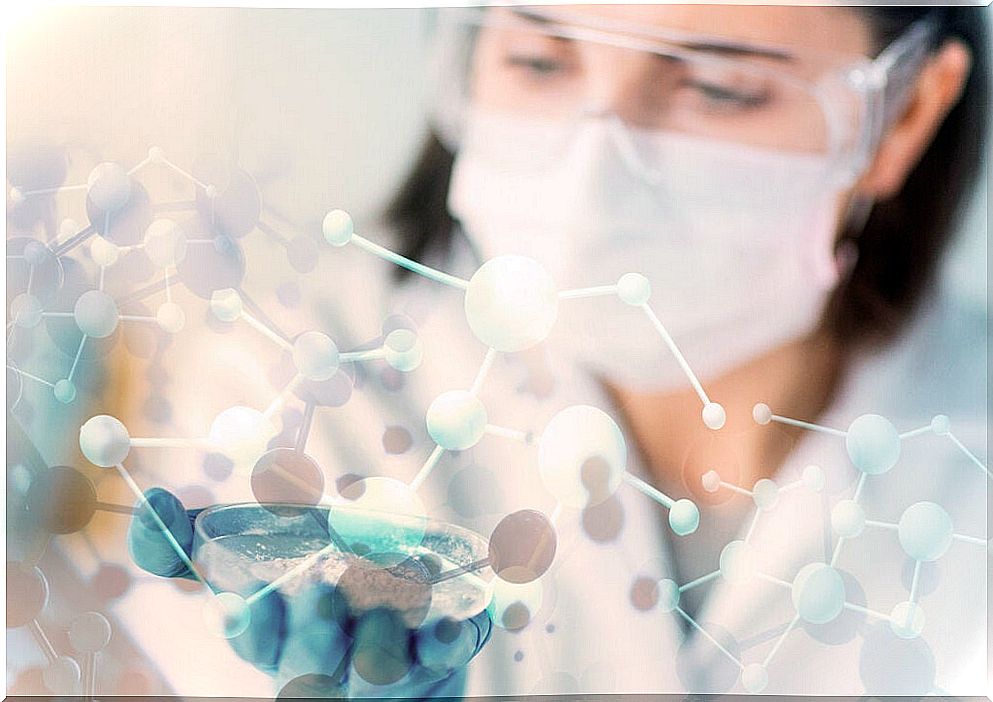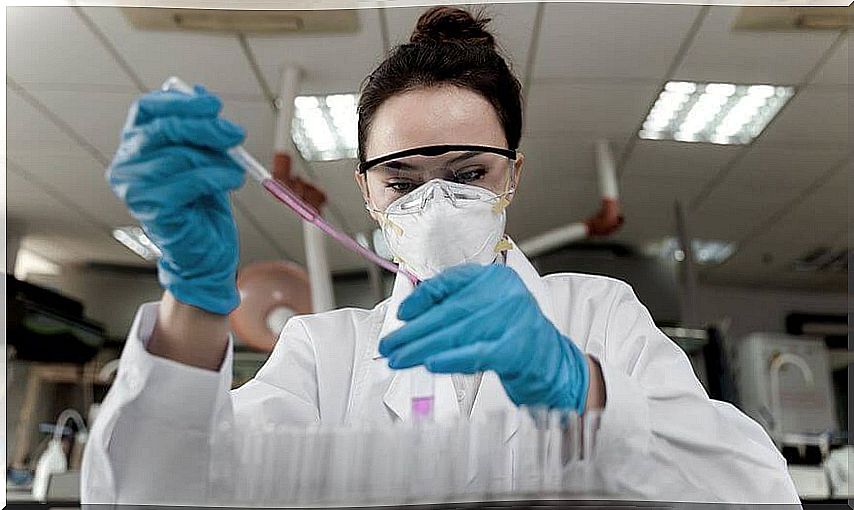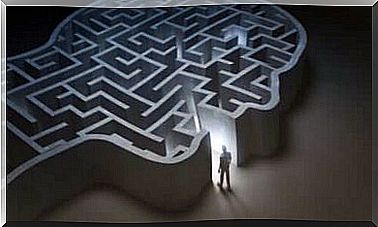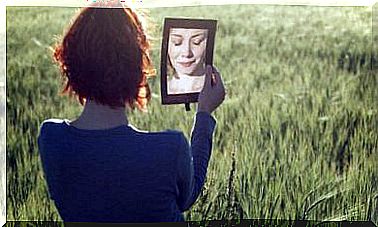Does The Media Influence Distrust In Science?

In recent times, we are witnessing how science is losing its position of authority as a guarantee of truth. As a result of the global crisis caused by the pandemic, the social image of doctors, researchers and promoters has been constantly questioned. Does the media influence distrust in science?
It seems so. We saw how many journalists and politicians debated – and debate – aspects that they do not dominate, leaving science aside. It is a fact that scientists themselves are under enormous pressure and are being asked for certainty and clear conclusions.
However, and here comes the most important thing, we forget how scientific research works in health crisis contexts like the current one. It is impossible to offer categorical conclusions and data in an unknown reality marked by uncertainty. Science is observation, comparison, experimentation and self-correction.
For that reason, when new data emerges and scientists are forced to reshape conclusions, the media quickly releases critical headlines that heighten social distrust. And that, without a doubt, is a great danger for society as a whole.

What is the distrust of science due to?
Economist Adam Smith pointed out that the antidote to superstition and human ignorance is science. So what cost can the current distrust of science have for all of us if we limit ourselves to continually questioning it? The impact can be immense. However, there is one fact that we often appreciate that is still surprising.
Science is salable and attractive. Many of us follow a scientist or at least some popularizer. Something that occurs in this type of communication is that it offers a popular view of science based only on objective certainties and an almost absolute predictive power. And that vision is doing a lot of damage.
There are areas of science, and even more so in situations like the current one, where it is impossible to provide conclusive data. In crisis scenarios, people want certainty, but science needs time and things don’t work like in the movie world or even in popular television programs.
This is the source of some doubts. Past crises, such as bovine spongiform encephalopathy (mad cow disease) and the Fukushima disaster, have already shown a certain distrust of science when it has not been able to provide complete answers. Let’s look at the causes.
The failure of the media to communicate scientific data
Surveys such as the one carried out at the University of Pennsylvania, the University at Buffalo and the State University of New York show that the media has a big impact on people’s distrust of science. This cause-and-effect relationship stems from several dynamics:
- Much of the media bets on sensationalism and clickbait. This implies, for example, that they publish specific and sensational aspects without including the scientists’ own explanations.
- It is also common for them to limit themselves to publishing or commenting on scientific pre-prints. Let’s keep in mind that a preprint is an original manuscript by an author that has not yet been peer reviewed or published. We must remember that science is an institution in which it is necessary for experts to review, analyze, compare and critique the work of others through peer reviews to reach new conclusions.
- On the other hand, when crisis situations arise, the media crave new data and news daily. Scientists are, on the one hand, forced to continue to provide information as competitive pressure increases in their field. Distrust in science is raised daily when society does not receive quick answers to its questions and certainties to its concerns.

Distrust in Science and Unreliable Sources Available to Everyone
Carlos Elías is Professor of Journalism at the Carlos III University of Madrid. In one of his last essays: Science on the Ropes: Decline of Scientific Culture in the Era of Fake News, he analyzes very interesting aspects about the origin of the current distrust of science.
Factors such as the irrationality of the media described above, the impact of social networks and the fact of living in the era of fake news condense a social climate of great deterioration for progress and science. We cannot deny this. We are navigating a world in which many take it for granted that the origin of the pandemic lies in 5G networks. Furthermore, they say that in vaccines there are little chips to control us.
In this digital universe in which we move, information travels very fast and science, in turn, has its speed and imperfection. Society has every right to be critical, it is true, but it also has the right to seek information from reliable sources, and the media must help us in this regard.
FOR









